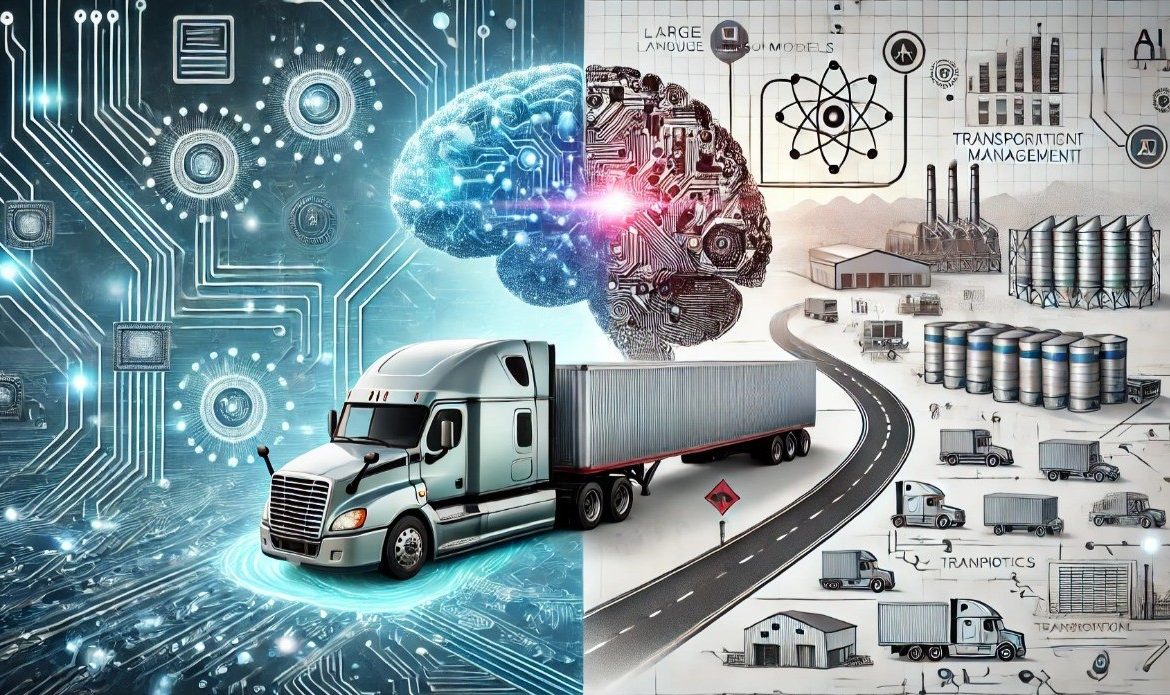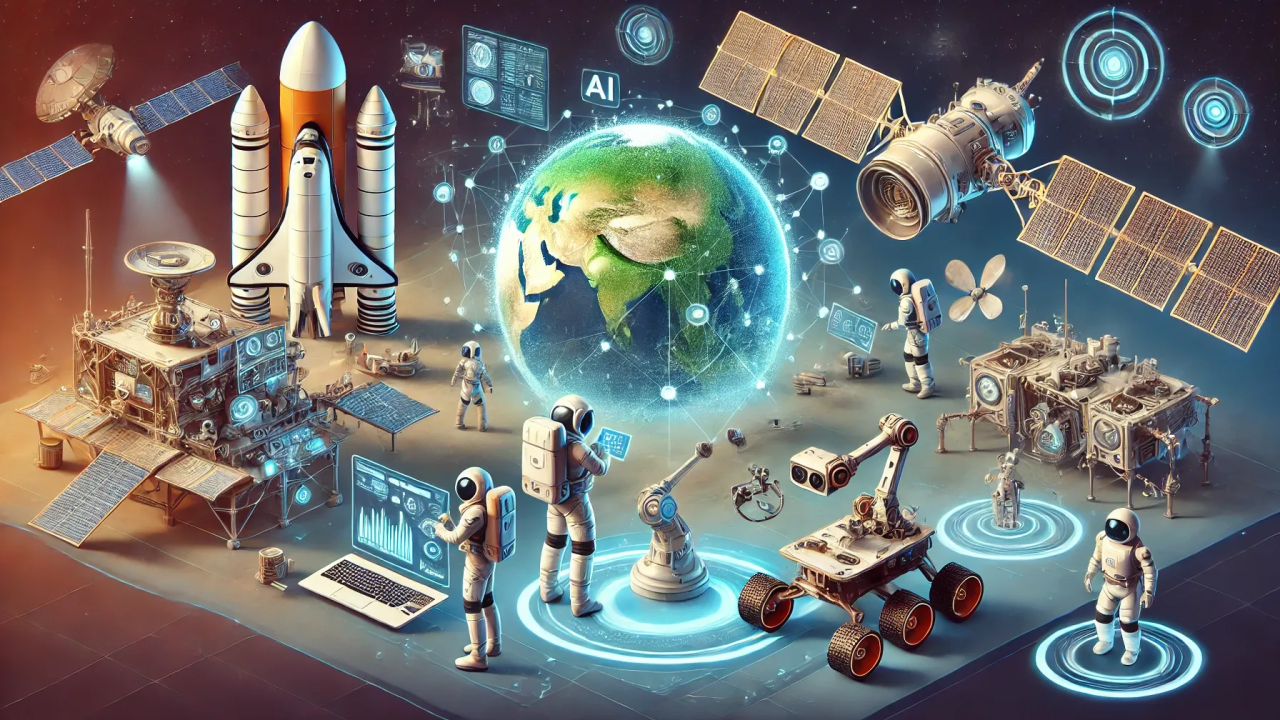Artificial Intelligence (AI) is revolutionizing the transportation industry by improving safety, efficiency, and user experiences. Experts across the field are actively discussing how AI-driven solutions are shaping the future of mobility and logistics.
What is AI in Transportation?
AI in transportation involves using intelligent algorithms such as machine learning, computer vision, and real-time data analysis to optimize traffic management, enhance vehicle safety, improve logistics, and enable autonomous driving technologies.
How AI Works in Transportation
AI systems in transportation collect and process massive datasets from traffic sensors, GPS devices, vehicle systems, and public infrastructure. By analyzing this data, AI can predict traffic patterns, manage congestion, and support real-time decision-making in both public and private transport networks.
Key AI Applications in Transportation
Autonomous Vehicles: AI powers self-driving cars by processing data from cameras, radar, and LiDAR to navigate safely.
Traffic Management: AI helps optimize traffic flow, predict congestion, and reduce travel times in smart cities.
Predictive Maintenance: AI can analyze vehicle performance data to forecast maintenance needs, minimizing unexpected breakdowns.
Route Optimization: AI algorithms suggest the fastest and most efficient routes for logistics and delivery companies.
Passenger Safety: AI-driven systems can detect drowsy driving, sudden obstacles, or risky behaviors to prevent accidents.
What Experts Are Saying
Transportation experts emphasize that AI is key to creating safer and smarter mobility solutions. According to researchers, AI not only enhances vehicle automation but also helps cities reduce traffic congestion and lower carbon emissions. Industry leaders note that AI-driven predictive analytics are transforming supply chains by improving delivery efficiency and reducing operational costs.
Safety regulators and policymakers highlight the importance of ethical AI deployment, stressing that systems must be transparent, accountable, and regularly tested to ensure public trust.
Benefits of Using AI in Transportation
AI improves road safety, reduces traffic congestion, lowers fuel consumption, and enhances user convenience. It enables real-time updates, adaptive traffic signals, and more personalized travel experiences.
Challenges to Consider
Experts caution that AI in transportation still faces challenges like cybersecurity risks, data privacy concerns, high implementation costs, and the need for regulatory clarity, especially around autonomous vehicles.
Conclusion
Experts agree that AI has the potential to revolutionize transportation, making it safer, faster, and more efficient. By carefully integrating AI technologies with human oversight and robust policies, the transportation sector can navigate its way to a smarter future.







Leave feedback about this